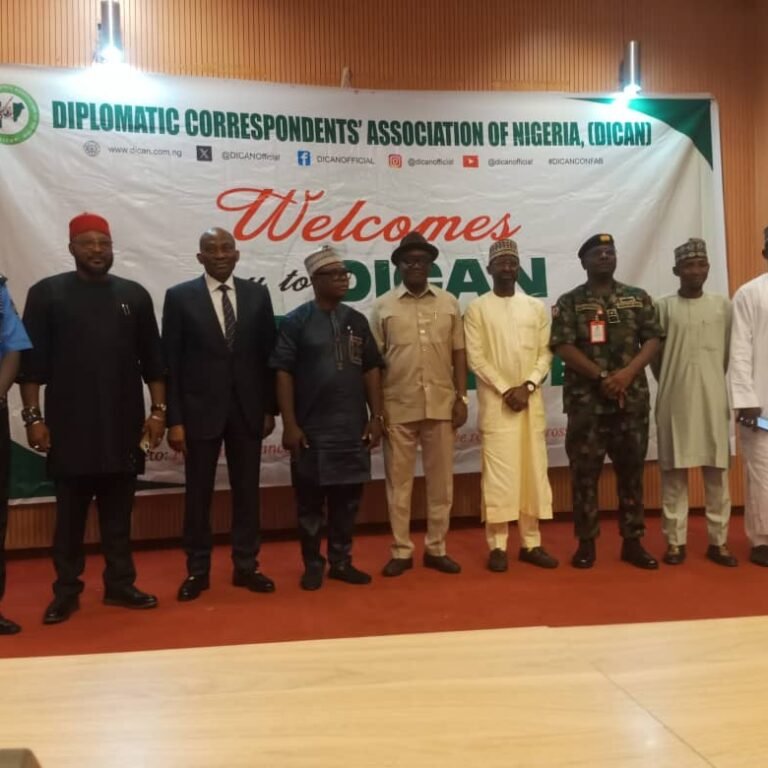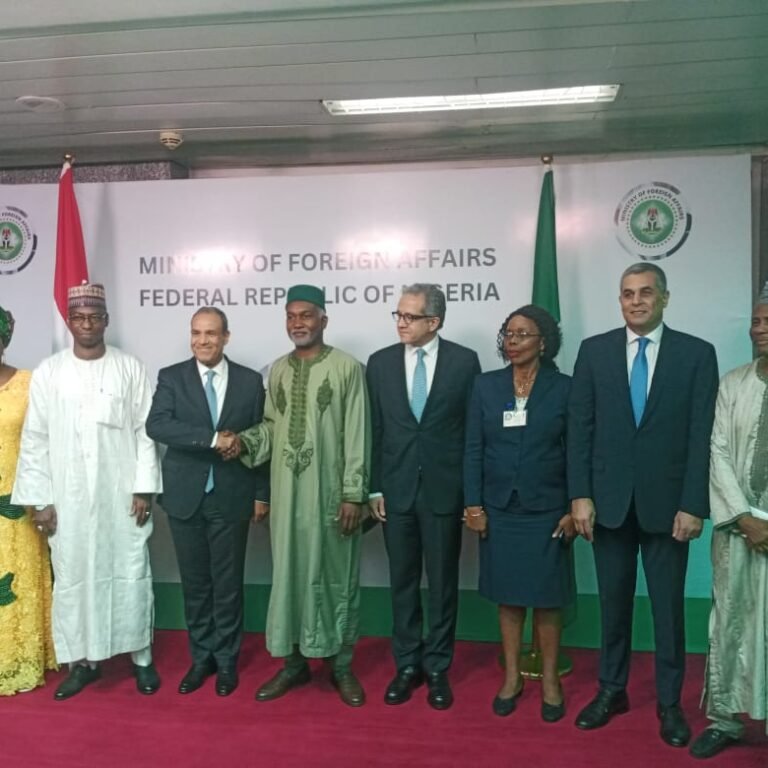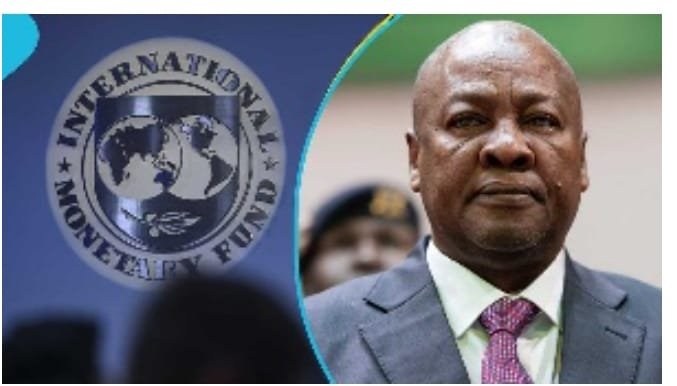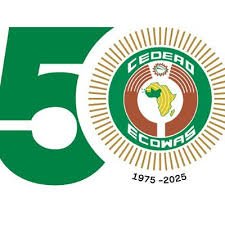
By Uriel Ihotu
As part of the ongoing relocation of ECOWAS institutions from Burkina Faso, Mali, and Niger, member states of the Economic Community of West African States (ECOWAS) are now locked in a competitive bid to host the West African Health Organization (WAHO).
Nigeria’s Minister of Foreign Affairs, Ambassador Yusuf Maitama Tuggar, disclosed this on Monday during a press briefing in Abuja, ahead of ECOWAS’s 50th anniversary celebrations.
According to Tuggar, the relocation of ECOWAS agencies follows the formal withdrawal of Burkina Faso, Mali, and Niger from the regional bloc an action that has triggered a reshuffling of institutional headquarters.
“The relocation of ECOWAS institutions from these countries is a natural consequence of their withdrawal,” Tuggar said. “All member states agreed to these rules. Now that Burkina Faso is no longer part of the bloc, WAHO must find a new host, and there is significant competition among member countries to accommodate it.”
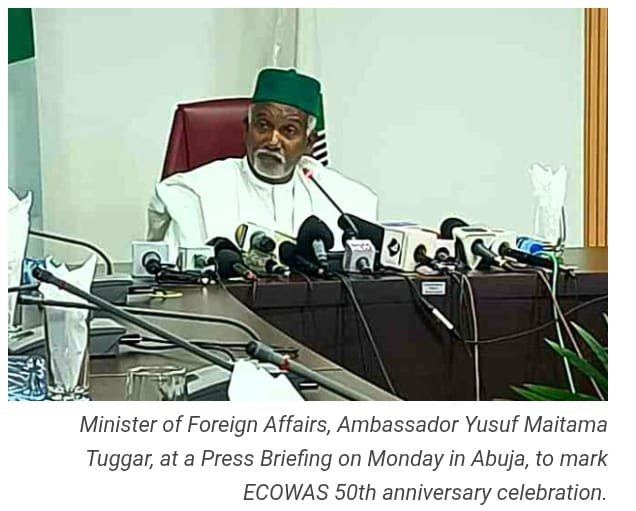
His remarks come weeks after an extraordinary session of the ECOWAS Council of Ministers held in Accra, Ghana, which focused on contingency planning and the bloc’s future engagement with the three departed nations.
Despite the geopolitical tensions, Tuggar expressed optimism about reconciliation, noting that the door remains open for the return of the three countries. “When I visited Niger recently, officials made it clear that rejoining ECOWAS remains a possibility under the right circumstances,” he said.
The 50th anniversary of ECOWAS, scheduled for May 28 in Lagos, will include a series of events highlighting the community’s milestones and addressing ongoing challenges. Celebrations will take place at the National Institute of International Affairs—where ECOWAS was founded and at EKO Hotel and Suites.
Reflecting on the community’s achievements, Tuggar cited the ECOWAS Trade Liberalization Scheme, the Abidjan-Lagos and Abidjan-Dakar corridors, and the SIGMAT customs management system as examples of regional progress.
However, he acknowledged that intra-African trade remains low and emphasized the need for deeper cooperation to realize the African Continental Free Trade Area (AfCFTA). “Regional economic communities like ECOWAS are the building blocks for the continental free trade area,” he noted.
Tuggar reaffirmed ECOWAS’s commitment under President Bola Ahmed Tinubu’s leadership to promoting integration, peace, and economic growth. He also addressed the delayed implementation of the regional single currency, the Eco.
“Although the Eco is still a work in progress, member states are actively pursuing the necessary macroeconomic reforms,” he said. “None have met the convergence criteria yet, but Nigeria’s ongoing economic restructuring is aimed at achieving this goal.”
The Eco, first adopted by ECOWAS leaders in 2019, remains a central focus for the bloc, with renewed attention given to its implementation at the 2023 ECOWAS Summit.


